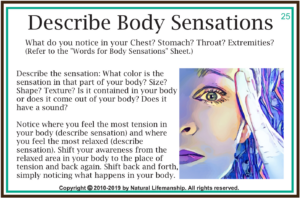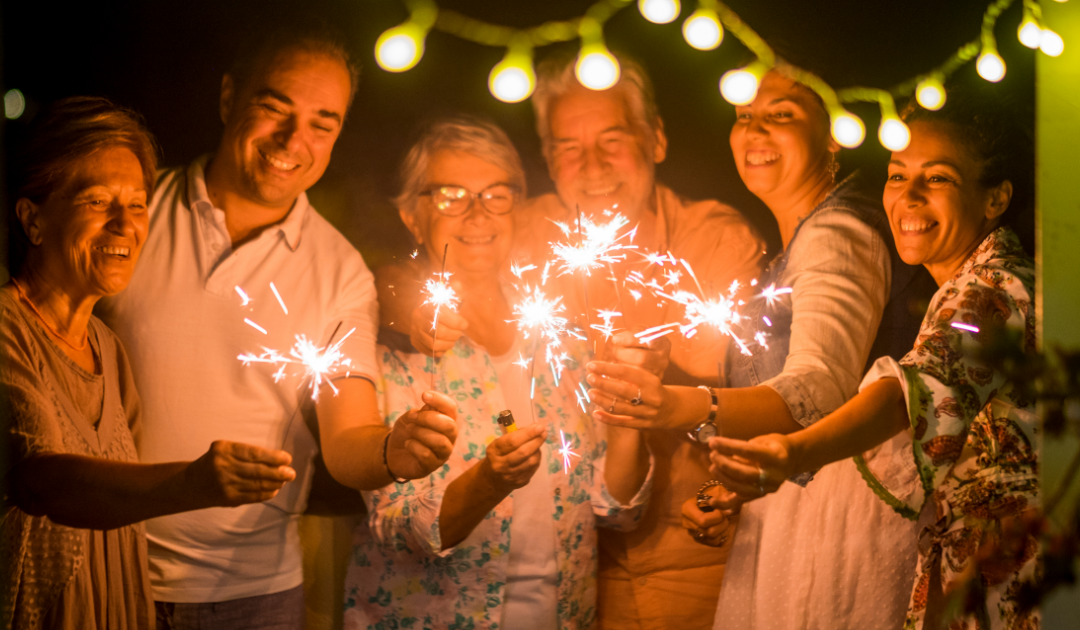When I was 23 years old and life was truly grand, on a beautiful fall day in Denver, Colorado, my Great Aunt Martha Dell asked me how I was doing. I said with pure joy and youthful exuberance, “I am great! Really! Life is just wonderful right now.” She grinned, gave me a slight hug, and said. . . “This too shall pass.”
This too shall pass? What! I was quite familiar with Christianese, so I had heard this pat statement before when a person was struggling, but never before had I heard a person say this to someone who was doing well. HOW NEGATIVE! Geez Aunt Martha Dell, way to rain on my parade!
Years later I have thought of my Aunt’s words often, and with each passing year, and each loss, I sink deeper into the wisdom of her words.
This morning, Dolly Parton’s song, “Hard Candy Christmas,” played in our home. (It’s a lovely song by the way!) As my children and husband danced, I felt a wave of emotion; and tears filled my eyes as I pictured my parents, many years ago, two-stepping in the kitchen to this song. Visceral joy filled our home in these moments. This morning I cried as I remembered. Actually, I sobbed. At the time, I had no idea how fleeting these moments would be. Things have changed and are changing with and between my parents.
Things are changing. All the time. This isn’t profound I know, but it’s true. All moments or seasons, the good and the bad, will indeed pass.
In my darkest, hardest moments I have never found comfort in the words, “this too shall pass,” but I find a profound capacity for mindfulness and gratitude in the simplest of moments when I hear my Aunt’s voice in my heart. “Bettina, this too shall pass. Breathe it in. Pause. Sense into THIS moment, right now. Connect.”
Connect to this moment so that later, when life if hard (and it will be) you can summon this memory, and find peace, joy, and comfort.
So. . . this morning as I wept, I was reminded that this too – this moment with my family – shall pass. . . so I danced. I sang. I looked deeply into the eyes of my husband and our two adorable children, and I breathed it in. I felt warmth in my chest, tingling in my nose and fingers, and deeply anchored at my navel. I felt a deep sense of gratitude surge through my entire body – it was pink and soft. Research suggests that these moments change us. These moments rewire the brain, make us healthier, happier, and more connected – if these moments change us, they go with us.
I often invite my clients to deeply breathe in the simple, yet poignant moments that are inevitable when we’re in nature and in the company of horses.
Pause.
Notice.
Slow down.
Breathe.
In this moment, feel your connection to this horse and to this space.
What do you notice in your body? Where do you feel that in your body? What is the shape? Color? Texture? Sound? What do you taste? Smell? Hear? Feel? When you notice that, what do you notice next? And then next? And then next? Notice it all – around you and inside you.
Breathe it in.
Sense into and embody this moment. Let this moment become part of who you are, because this moment will pass, but your experience of it doesn’t have to. Breathe it in and take it with you. Your body can remember. THIS is what gratitude is all about. THIS is mindfulness at it’s best. THIS is what I pray you and your clients find this holiday season.

I use variations of this skill on a daily basis to help me connect to my body, the moment, and to others. This card is part of theNL Skill Cards and is available as an instant download (or the physical cards can be mailed to your home). The NL Skill Cards are also part of the Essential Connection Kit. I hope you find these cards helpful both personally and professionally!
Read here to learn about the research Dr. Robert Emmons has done on gratitude: https://greatergood.berkeley.edu/article/item/why_gratitude_is_good
The Grateful Heart: The Psychophysiology of Appreciation https://www.heartmath.org/research/research-library/basic/grateful-heart-the-psychophysiology-of-appreciation/



Recent Comments